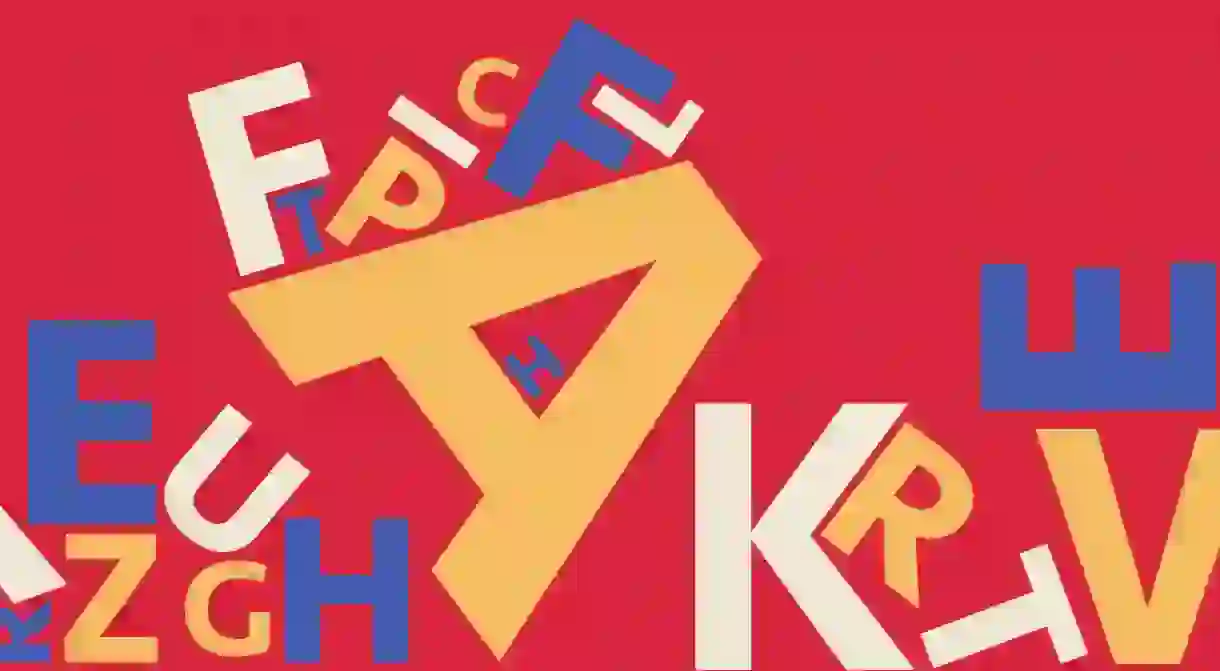7 German Language Curiosities You Didn’t Know

“Never knew before what eternity was made for. It is to give some of us a chance to learn German,” Mark Twain once declared.
For anyone who has bravely tried to learn the language of Schiller and Goethe, you’ll be familiar with much of what follows. But for those that are not quite brave enough to sink into Germany’s intricate, complex language just yet, this is a taste of what lies ahead.
It’s very logical
For all of its complexity, one of the things the German language has going for it is that it’s extremely logical. Learners can rest assured that their initial efforts will be well rewarded, as many of German’s words are simply compounds of one another.
German has some very deep concepts
Despite Germany’s reputation as one of the most buttoned up country in Europe, those prepared to stick with German are richly rewarded with a number of words and concepts that simply don’t exist in English. In Germany, when one feels oppressed by the weight of the world, they have Weltschmerz. If you lose yourself in your thoughts, imagining something that never happened, at the eyes of a German native, you are building a castle in the air, a Luftschloss.
Words can be incredibly long
The average length of a German word is 10.6 letters and the longest word ever composed is 80 letters. If you are brave enough here is the challenge: Donaudampfschifffahrtselektrizitätenhauptbetriebswerkbauunterbeamtengesellschaft, referring to some little boat that was making tour over the river Danube.

There are three articles…
…And German learners simply have to memorize them. Unlike in the romance languages, where the ending of the word is usually indicative of the gender of a word, in German there are no such clues. The articles, Der, Die and Dasare respectively for male, female and neutral gender. For instance, a young lady has no sex (‘das’) in the German language whereas a dog is male (‘der’).
It has declensions
Throwback to Latin! In the German language nouns, pronouns, articles and adjectives decline for case, number and gender. Not only this, but the declination will also change depending on if it is combined with a determinate, indeterminate or no article. Repeating all of them out loud is reminiscent of reading aloud the list of letters at the eye doctor.
It has a lot of funny false friends with the English language
If you are an English native in Germany, take care, you’re likely to run into a number of false friends. The languages share some roots in their etymological histories, which means a lot of words are written in the same way, but have very different meanings. For example, if you want to make a Gift to someone, don’t be too literal; you would kill him by bringing him poison, the German translation of Gift. English speakers should not be surprised to find a hell muffin in the bakeries; they are just white. If a friend asks for a Rat, don’t go to the sewer, he just wants your advice. The most famous false friend, of course is Handy, the German word for a cell phone.
It has a lot of common sayings involving food…
In particular, there are a lot with sausage, Wurst. Sausage is a German stereotype, but it really does bring people together. In fact, Germans meet at the park and barbecue as soon as the sun comes out. German language offers a wide variety of common sayings. For example, Alles hat ein Ende, nur die Wurst hat zwei (everything has an end, just the sausage has two). For a reminder to make good out of what you have in a crisis, the German’s In der Not schmeckt die Wurst auch ohne Brot (in the emergency, the sausage tastes good also without bread).













